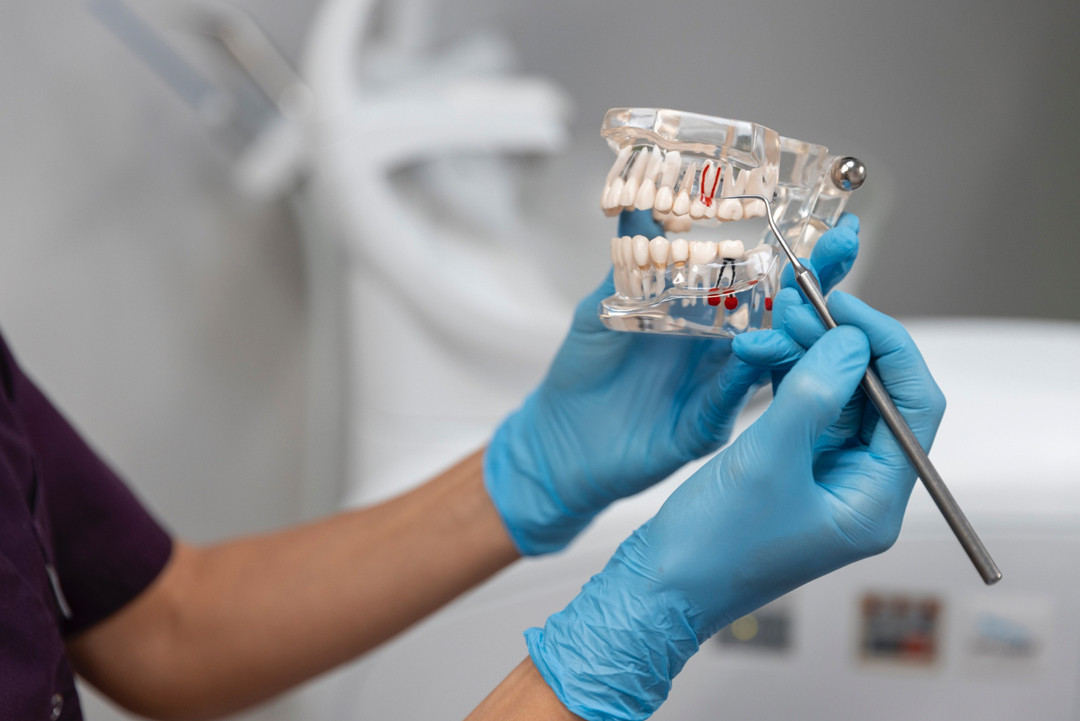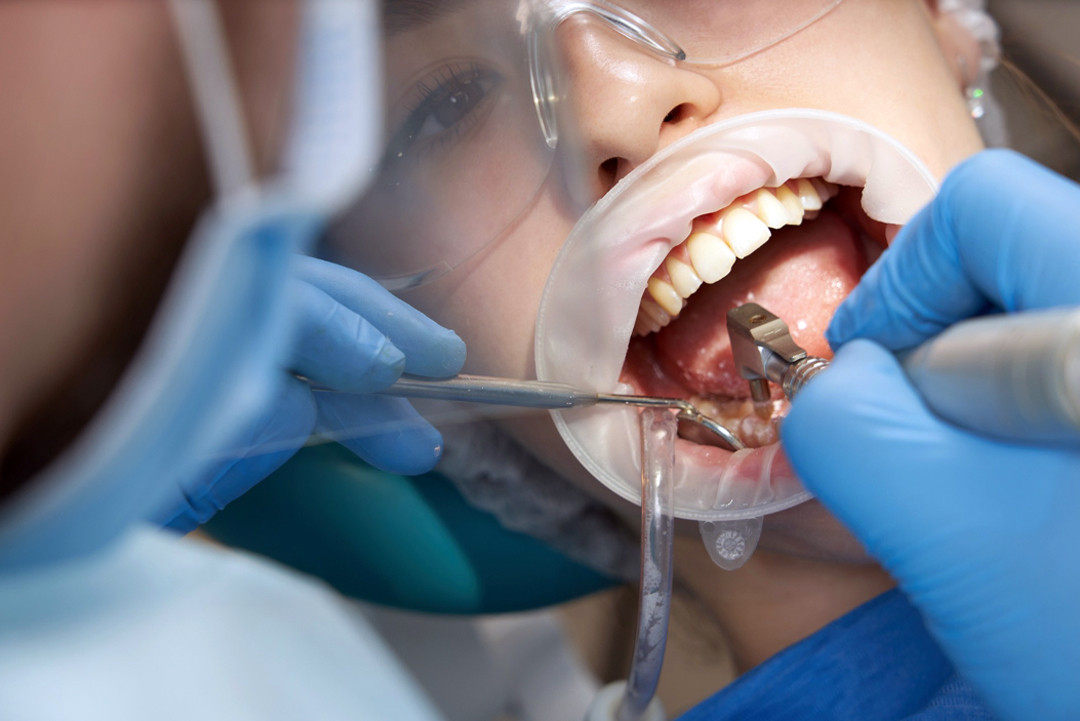Overview of Ophthalmology
Ophthalmology focuses on diagnosing, treating, and managing diseases and conditions of the eyes, encompassing medical, surgical, and non-surgical interventions. With advancing technology, ophthalmology has expanded its scope, addressing issues like refractive errors, eye traumas, cataracts, glaucoma, and more.
Why See an Ophthalmologist?
- Early Detection: Identifying eye diseases early, such as cataracts or glaucoma, prevents irreversible vision loss.
- Chronic Conditions: Individuals with diabetes, hypertension, or genetic predispositions to eye diseases benefit from routine eye care.
- Comprehensive Eye Exams: Essential for children, adults, and contact lens wearers.
- Surgical Expertise: Procedures like cataract surgery, laser eye surgery, and oculoplastic surgeries.
Subspecialties in Ophthalmology
- Cornea
- Focus: Conditions like keratoconus, corneal ulcers, dry eye syndrome, and herpetic keratitis.
- Treatments: Corneal transplants, dry eye therapies, and scleral lenses.
- Retina
- Focus: Diseases like diabetic retinopathy, macular degeneration, retinal detachment, and retinal tears.
- Treatments: Laser therapies, anti-VEGF injections, and retinal surgeries.
- Glaucoma and Neuro-Ophthalmology
- Focus: Glaucoma (optic nerve damage due to high eye pressure) and neurological issues affecting vision.
- Treatments: Surgical interventions, pressure-reducing medications, and neuro-ophthalmic therapies.
- Strabismus
- Focus: Misalignment of the eyes, often in children.
- Treatments: Eye muscle surgery, corrective lenses, and vision therapy.
- Oculoplasty
- Focus: Eyelid, tear duct, and orbital issues; includes aesthetic and reconstructive surgeries.
- Treatments: Tumor removals, tear duct surgeries, almond eye surgeries, and Botox.
- Uveal Diseases
- Focus: Conditions like uveitis caused by inflammation, infections, or autoimmune disorders.
- Treatments: Anti-inflammatory medications and infection management.
- Refractive Surgery
- Focus: Corrective procedures for vision defects like myopia, hyperopia, and astigmatism.
- Treatments: LASIK, PRK, and lens implants.
Common Surgeries and Treatments in Ophthalmology
Surgical Procedures
- Laser Eye Surgery: Corrects vision defects like myopia and hyperopia.
- Cataract Surgery: Removes cloudy lenses and replaces them with artificial lenses.
- Glaucoma Surgery: Reduces intraocular pressure.
- Vitreoretinal Surgery: Treats retinal detachments and other vitreous-related issues.
- Eye Muscle Surgery: Corrects strabismus.
- Oculoplastic Surgery: Addresses eyelid and orbital disorders.
Medical Therapies
- Antibiotics: For bacterial infections.
- Anti-inflammatory Drugs: Reduces swelling and discomfort.
- Antiglaucoma Medications: Lowers intraocular pressure.
- Antiviral Drugs: Manages viral infections.
- Lubricants: Alleviates dry eye symptoms.
- Corrective Lenses: Glasses or contact lenses for refractive errors.
When to Visit an Ophthalmologist?
- Symptoms like:
- Sudden vision loss or blurring.
- Persistent eye pain or redness.
- Flashes of light or floaters.
- Double vision or difficulty focusing.
- Severe eye infections or trauma.
- Routine check-ups:
- Every year for contact lens wearers or individuals over 65.
- Every 5 years for healthy adults without vision problems.
Conclusion
Ophthalmology plays a crucial role in maintaining vision and eye health. With a range of diagnostic tools, medical treatments, and surgical interventions, ophthalmologists offer tailored care for every individual. Whether for routine exams or advanced surgeries, timely attention to eye health is key to preserving vision and improving quality of life.


















